Bringing NextGen Cups to Market: It Takes a Village
June 29, 2020
The NextGen Consortium is a global initiative convened by Closed Loop Partners’ Center for the Circular Economy. Starbucks and McDonald’s are founding partners of the Consortium, together with supporting partners The Coca-Cola Company, Yum! Brands, Nestlé and Wendy’s, as well as WWF as an advisory partner. IDEO is the Consortium’s innovation partner.
Local cafes, cities and students joined the NextGen Consortium’s collaborative efforts to advance reusable, recyclable and compostable cup solutions in pilots across the San Francisco Bay Area earlier this year.
Two years ago, the NextGen Consortium asked innovators: “How might we design the next generation fiber cup to be recoverable on a global scale, while maintaining the performance standards we know and trust?” From the start, we knew that our ability to successfully address the systemic challenge of cup waste would require strong collaboration across the entire cup ecosystem – from brands, suppliers and innovators, to municipalities, materials recovery facilities and mills, to advocacy groups and nonprofits, to the broader public. And we’ve been collaborating with these essential stakeholders, and others, ever since.
The NextGen Consortium serves as a collaborative platform for larger brands looking to move the needle on sustainability. By working together we’re one step closer to finding long term solutions, quicker than we would on our own — Jessica Marshall, Sustainability at McDonald’s
The Consortium’s journey began with the NextGen Cup Challenge —an open call for sustainable cup solutions that resulted in nearly 500 submissions from more than 50 countries. Twelve Cup Challenge winners were given the opportunity to enter the NextGen Circular Business Accelerator or the Advanced Solutions cohort; programs aimed at further developing the select winning cup companies – bringing them closer to pilot and market-readiness. And in early 2020 we launched The NextGen Pilot Readiness Program, a series of live, in-market pilots in the San Francisco Bay Area to further test and refine promising reusable and single-use solutions in surrounding local cafes.
We’re excited to keep learning, testing and exploring new cup technologies with the NextGen Consortium. The collaboration between companies, innovators and stakeholders is critical in our journey to find, and bring to scale, a more sustainable cup. — Chris McFarlane, Project Manager at Starbucks
NextGen Pilot Teams
●CupClub: A returnable cup ecosystem, providing a service for drinks. Think bike sharing, but for cups.
●Muuse : A deposit-based platform for smart, reusable beverage packaging, connecting their cups—and third party products—to Internet of Things technologies.
● Footprint: Fully formed fiber-based cups, lids and straws with an aqueous-based coating that is recyclable and compostable.
●PTT MCC Biochem: Recyclable cups with an innovative, bio-based BioPBS™ coating that makes the cup certified for compost in an industrial compost facility.
The Consortium’s pilots took place across multiple clusters of local cafes in San Francisco, Palo Alto, and Oakland. We evaluated cups and cup systems on their technical feasibility, business viability, user desirability, and systemic circularity. And, through it all, the collaborative spirit came to the fore as the critical ingredient for success.
Tackling a challenge as complex and massive as global cup waste requires a multitude of stakeholders—and it’s important to activate them from the start in order to advance the entire ecosystem. The pilots’ success hinged on collaborative municipalities (San Francisco, Palo Alto, Oakland), local neighborhood associations and universities eager to drive awareness, willing and excited local cafes to help establish a network effect of pick up and drop-off points, curious customers to experiment with new habits and an engaged media to drive awareness. After engaging all of these stakeholders and putting the cups to the test in local cafes, what did we learn?
Customer and Barista Insights Drive Rapid Iterations
Every minute counts when it comes to encouraging the uptake of reusable cup systems. And every user engagement offers a valuable opportunity for feedback. Customers have to sign up to a mobile app to log their cup, navigate the payment process, receive their beverage and ultimately return their cup to either a cafe or a drop-off point. Each step of this journey impacts their perception of reusable cups. For example, customer satisfaction was higher when there was a lost cup fee rather than an upfront deposit, and customers breathed easy after an alert confirmed a successful cup return. Similarly, baristas provided vital feedback. Even a simple verbal prompt asking customers whether they’d “like their order in a reusable cup” increased interest and engagement. These insights, alongside the experimentation mindset that characterized the pilots, enabled teams to rapidly prototype and improve according to key learnings.

Different Local Cafes Banded Together to form Clusters for the Pilots
Clusters are areas where 5 or more stores are located within a 5-minute walk. This walk, or the “pedestrian shed,” is considered the distance people are willing to walk before opting to use transit instead. Cup drop-off points work best when along a customer’s existing route. Local cafes including Coupa Cafe, Verve Coffee Roasters, Andytown, and Equator Coffees formed clusters, opened up their retail locations and helped lay the groundwork for the Pilot rollouts. During the pilots we saw some cups distributed at one cafe and returned to another. To hit a critical mass of users and truly scale reusable cup systems, support for this kind of behavior is imperative. It is also highly complex and requires honing and thoughtful planning as well as collaboration across multiple brands.
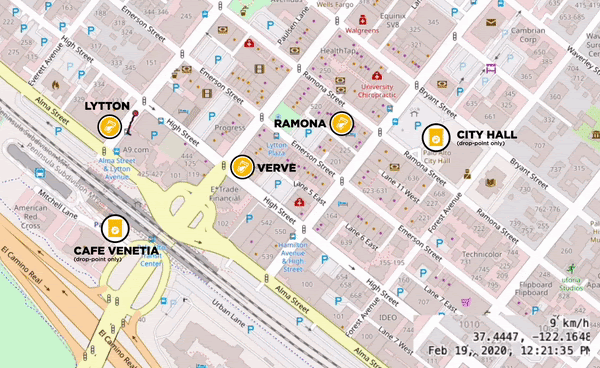
A cluster of local cafes and drop-off points
City Governments, Universities and NGOs Played a Critical Role in Galvanizing Momentum
Usership, especially early on, is directly tied to awareness. Data is most informative at higher volumes. The City of Palo Alto’s Zero Waste team was instrumental in identifying retail partners for the Pilot and educating their network, including zero waste leads in neighborhoods, about the pilots. The City of San Francisco’s Department of the Environment team was also engaged and eager to learn more about reusable cup solutions, especially in the face of proposed regulations and ordinances. The non-profit organization UPSTREAM made key introductions to city officials and shared essential information regarding upcoming ordinances and policies. The network effect is real. By engaging these organizations and their respective communities, our reach multiplied, attracting more pilot participants, thus gathering more data to optimize systems and prepare for the mass market.
The success of the pilots was built on the foundations of collaboration, which engaged diverse stakeholders and enabled agile and quick responses to feedback. COVID-19 brought unforeseen challenges and intensified the question, how can we maintain customer trust with reusable cups? Throughout the pilots, the reusable solutions adhered to rigorous washing protocols, including one team utilizing an off-site industrial facility to ensure the strictest hygiene standards were maintained. The pandemic has further emphasized the importance of sanitation and health, and the critical need to communicate these elements effectively to customers.
Moving forward, collaboration among diverse stakeholders is essential to ensure that innovative new systems of consumption can bring convenience and delight, while reducing the environmental footprint of our daily habits. The NextGen Consortium will continue to work with the Cup Challenge winners, as well as other promising cup innovations, to advance their solutions, while simultaneously strengthening and building the cup recovery ecosystem as a whole. This includes exploring new processes and working with waste collectors, materials recovery facilities, municipalities, and paper mills, among others, to explore the opportunities around cup recycling and composting. Our pilots in the San Francisco Bay Area provided invaluable feedback on how we can collectively enhance the drinking experience in a way that stakeholders (and the environment) can feel good about. And we’re excited to continue to accelerate the future of more sustainable cups.
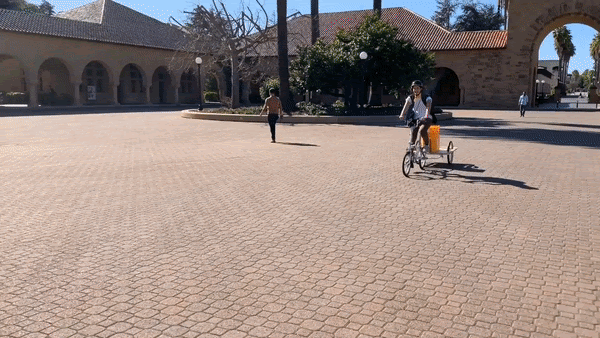
CupClub’s Cup Chariot in action on Stanford University’s campus
Related posts

Press Release
Closed Loop Partners’ Composting Consortium Launches...
The grant program for composters and communities comes...
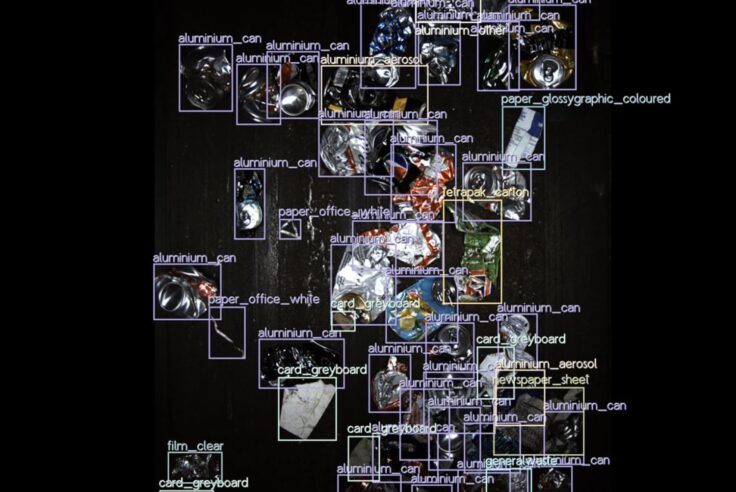
Press Release
New Data Reveals High Quantities of Food-Grade Polypropylene...
Closed Loop Partners’ Center for the Circular Economy...
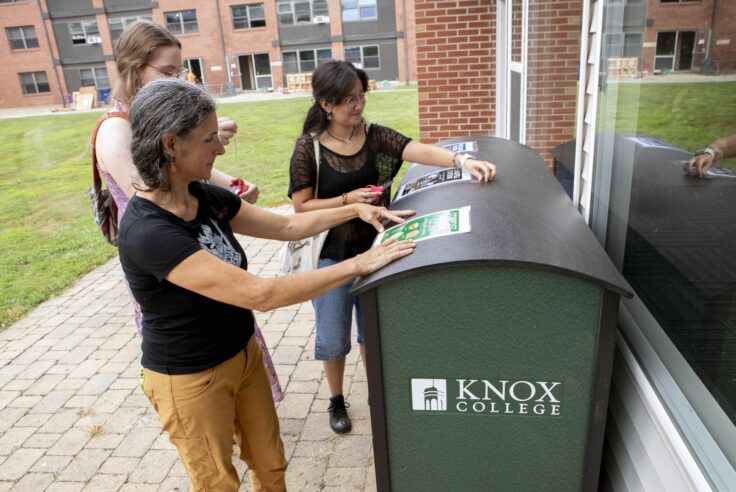
Blog Post
Keeping Compost Clean: Tools to Help Reduce Contamination...
The Composting Consortium interviews EcoProducts to...
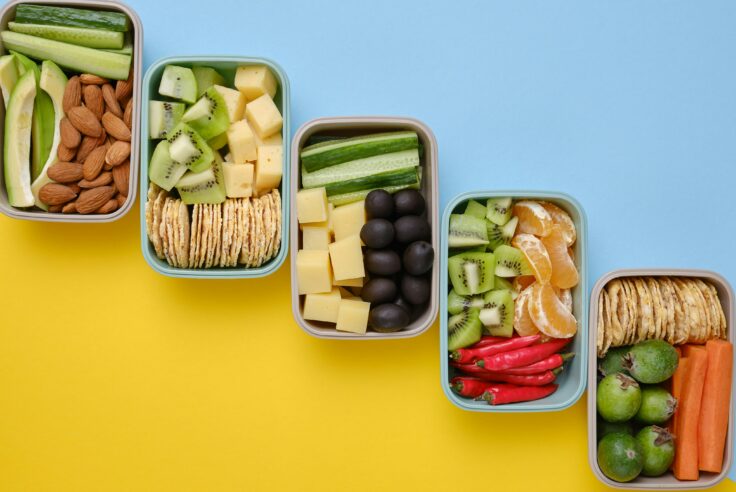
Press Release
Closed Loop Partners and U.S. Plastics Pact Identify...
Packaging types primed for reuse lay the groundwork...
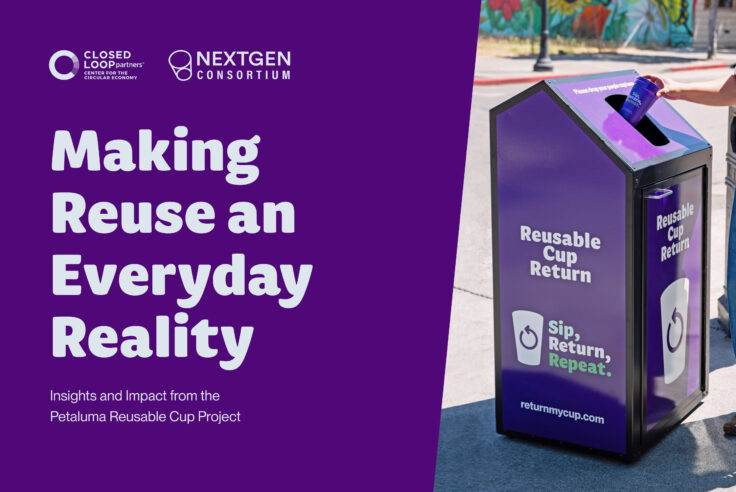
Press Release
Groundbreaking Results From Citywide Petaluma Reuse...
The Petaluma Reusable Cup Project from the NextGen...

Press Release
Closed Loop Partners Unveils Groundbreaking Findings...
Closed Loop Partners’ Center for the Circular Economy...
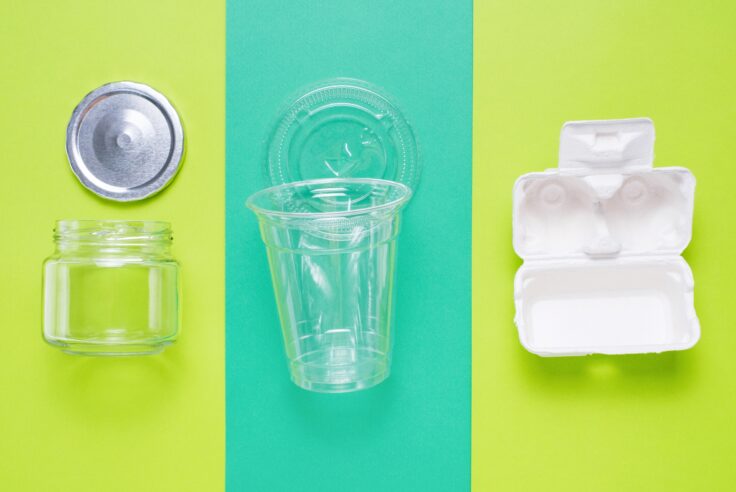
Blog Post
8 Tips to Navigate Life Cycle Assessments for Circular...
Closed Loop Partners’ Center for the Circular Economy...
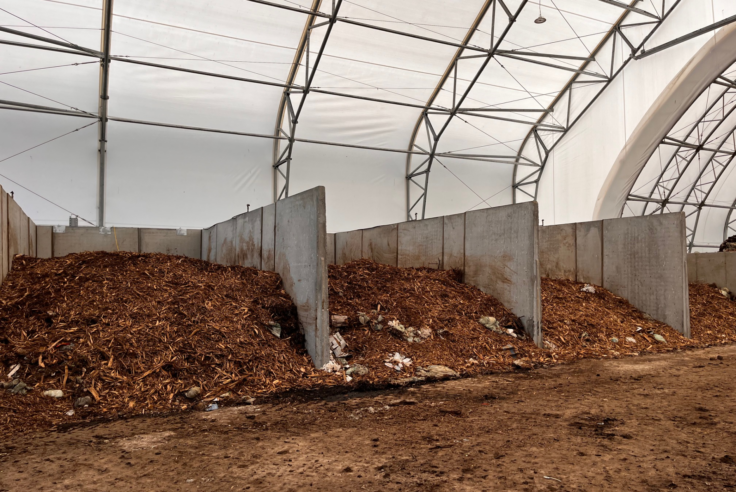
Blog Post
Why More Composters Are Recovering Food Scraps and...
Black Earth Compost and Glacial Ridge Composting Facility...
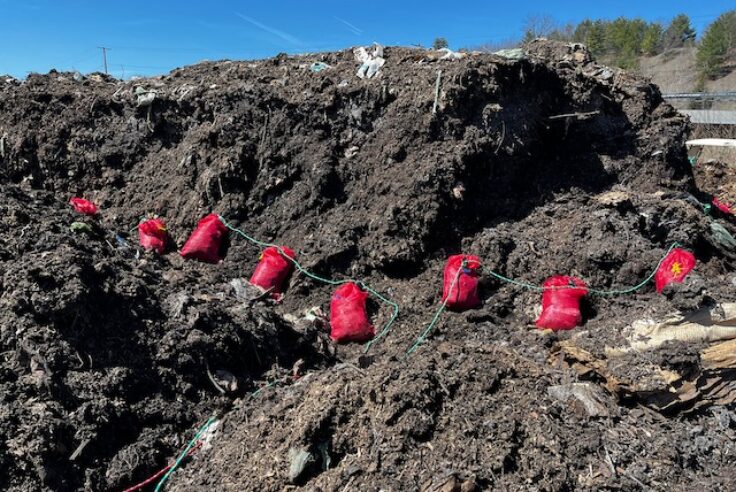
Blog Post
Does Compostable Packaging Actually Turn into Compost?...
In a joint interview, field testing experts, including...
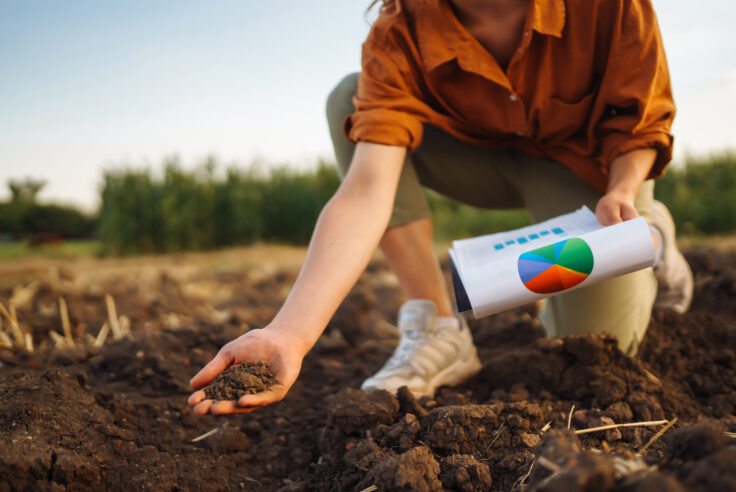
Press Release
Composting Consortium Releases New Data to Compostable...
The new platform by the Compostable Field Testing Program...
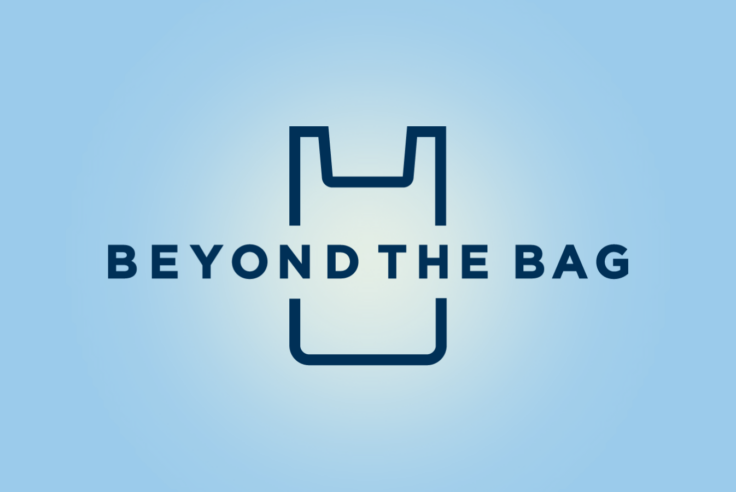
Press Release
Leading Retailers Accelerate Industry Collaboration...
Target, CVS Health, Kroger and other retailers reaffirm...
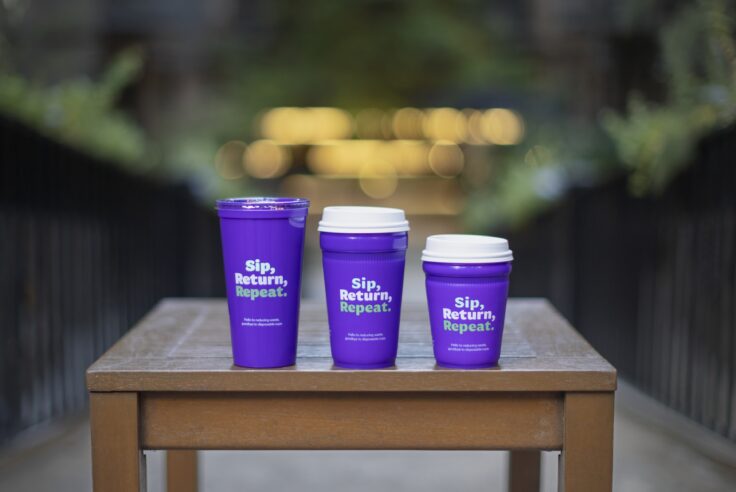
Press Release
The Petaluma Reusable Cup Project: Starbucks, The Coca-Cola...
The collaboration, led by the NextGen Consortium, makes...
